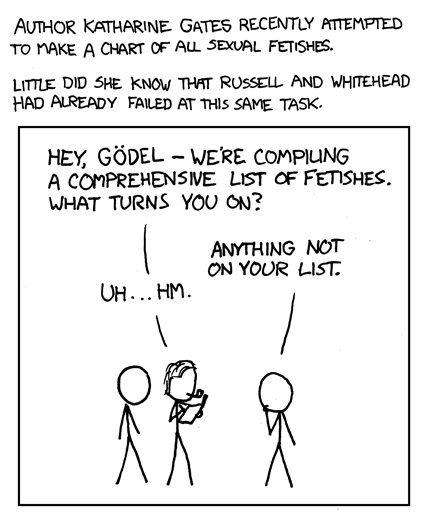In the first proposition of his Logical-Philosophical Treatise, Wittgenstein says “the world is everything that is the case.” And ‘the case’ refers to ‘facts’. And ‘facts’ refer to ‘atomic facts’ [Sachverhalten, “actual situations”]. And ‘atomic facts’ in turn refer to ‘objects (entities, things)’. ‘Objects’, however, are ‘simple’ [einfach, “onefold”], because they “form the substance of the world”. And “If the world had no substance, then” it would “be impossible to form a picture of the world (true or false).”
This is all very well, perhaps; but then he says:
“Two objects of the same logical form are – apart from their external properties – only differentiated from one another in that they are different.”
This is the point at which he seems to have stopped thinking. Thus in his elaboration of this proposition (which is itself an elaboration), he says: “there are several things which have the totality of their properties in common”. But this cannot be ‘the case’…
It seems to me that Wittgenstein was still an Aristotelian and thereby a complete fool. Aristotle would be an idiot in our time.
I’m not even going to explain myself. I’ll just say Wittgenstein was a mathematician, not a philosopher. He believed in mathematics. But mathematics is not ‘true’. Philosophy begins where Wittgenstein halted:
“Whereof one cannot speak, thereof one must be silent.”
This statement, which I suspect the easily impressed consider the most profound statement ever made, defines Wittgenstein as unphilosophical: for philosophy is precisely the attempt to express the inexpressible.
